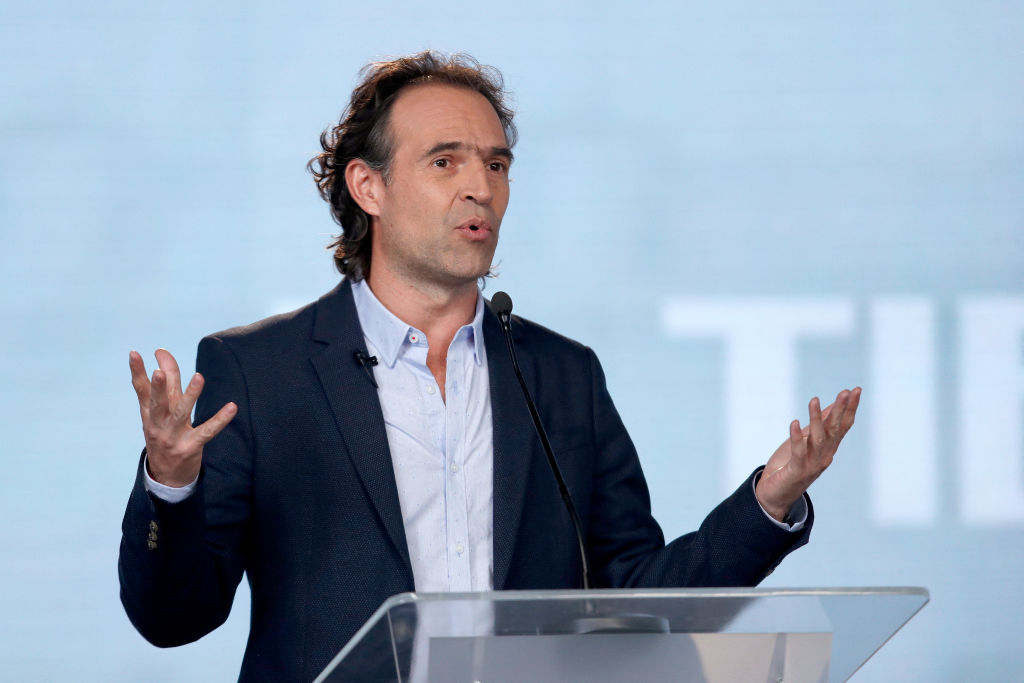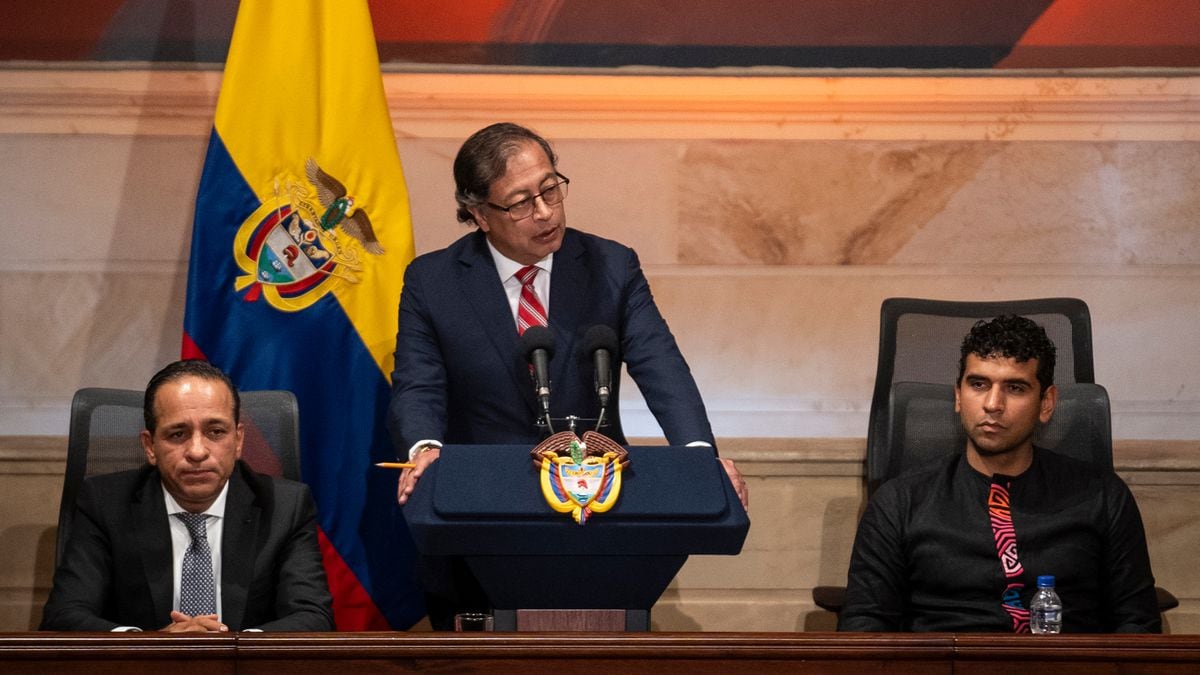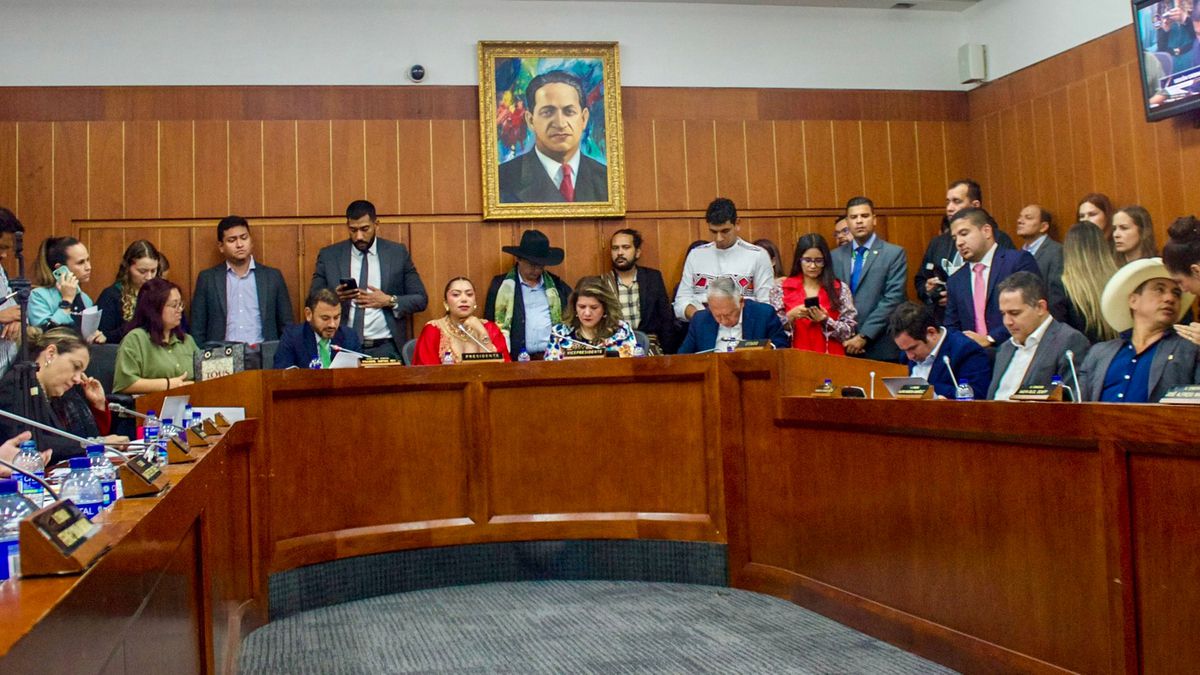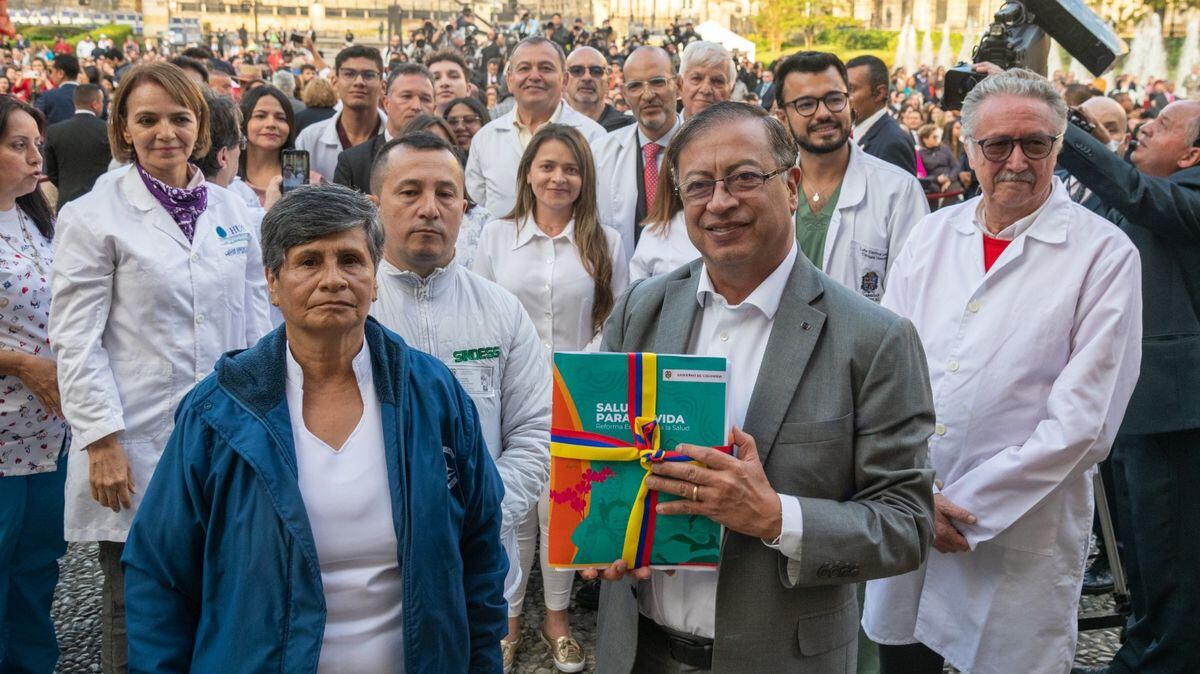Petro cancels his tours for fear of being attacked 3:25
(CNN Spanish) --
Any of the candidates who prevails in the presidential elections in Colombia on May 29 will have to account for an issue that has been debated for years: the reform of the pension system in the country.
Pensions in Colombia are governed by a parallel model between the public entity Colpensiones, which manages average premium pensions, and the Private Pension Fund Administrators, which manage individual savings funds.
Colombian presidential elections of 2022: how to know if I am a voting jury?
But about 54.3% of the Colombian population over 65 years of age does not have access to a pension, according to a report by CAF-Development Bank of Latin America, one of the highest percentages in the entire region.
Eight formulas of president and vice president compete in this first round.
If none of the candidates obtains a simple majority of the votes, there will be a second round between the two most voted on June 19.
This is what Venezuelan immigrants expect from the next president of Colombia 3:01
According to the polls, there are four candidates who are concentrating the voting intentions of the Colombian electorate: Gustavo Petro, Federico Gutiérrez, Rodolfo Hernández and Sergio Fajardo.
advertising
What is, then, the position of the main presidential candidates in Colombia on the reform of the pension system?
SPECIAL: ELECTIONS IN COLOMBIA
Gustavo Petro (Historic Pact)
In the government program published on its website, Petro proposes moving towards a unified, non-competitive and mostly public pension system that "guarantees the right out of business" and incorporates those who do not have access to pensions or cannot contribute for their meager income.
Gustav Petro.
"The right to a pension will be a collective state guarantee based on social solidarity and not on the private appropriation of benefits to the detriment of the savings of all Colombians," maintains the government platform of the former mayor of Bogotá and current senator.
To make it happen, Petro proposes to unify the General Pension System to achieve budget balance and release 3 billion pesos from the Government budget that are currently transferred to Colpensiones, following, the program maintains, the model of the Netherlands and the World Bank.
Petro also proposes to respect current pensions and not affect acquired rights
Federico Gutierrez (Team for Colombia)
Gutiérrez has promised on his social networks that he will not expropriate pensions and that he will not increase the pension age.
"We are going to guarantee a sustainable model, thinking not only of the elderly, but also of the young," she said recently.
Federico Gutierrez.
(Credit: DANIEL MUNOZ/AFP via Getty Images)
In his government program, Gutiérrez, former mayor of Medellín, proposes "protecting savings" against "intentions to nationalize it" and granting a life annuity of more than 330,000 Colombian pesos per month to those without a pension.
It also proposes lowering the contribution time for workers who receive a minimum wage from 25 to 22 years, and converting the Periodic Economic Benefits (BEPS) scheme into a semi-contributory regime.
Rodolfo Hernández (League of Anticorruption Governors)
Hernández maintains in his government plan that he considers the issue of pensions as "a matter of dignity in the lives of older adults" and that "the State is the main guarantor that there are no Colombians without the right to a dignified retirement." .
Rodolfo Hernandez.
The candidate proposes reviewing the implementation of a tax burden on "privileged pensioners" in order to flatten "the tip of the pyramid that the Colombian pension system has become, in which a very few receive very high pensions, while the majority — at the base—receives a small remuneration".
Hernández, former mayor of Bucaramanga, also proposes to reform Colpensiones to allow him to capture savings and thus compete with private funds when generating investments.
Sergio Fajardo (Hope Center)
Fajardo maintains in his government program that "the pension reform is one of the great pending tasks in the fight to reduce social inequality in the country" and proposes a minimum income of 500,000 Colombian pesos for those who do not have a pension, as the first pillar .
Serge Fajardo.
(Credit: Gabriel Aponte/Getty Images/ Presidential Debate Initiative of the Americas 2018)
As a second pillar, administered by Colpensiones, Fajardo, former governor of Antioquia, proposes that workers contribute their first two minimum wages.
While in the third pillar, workers with incomes above two minimum wages will contribute to pension funds, while the government promotes competition, fair monitoring of administration costs and adequate and sufficient attention to citizens.
"In this way, we will correct the regressivity of the current average premium regime and, at the same time, we will eliminate the competition between it and the individual savings regime," he maintains.
Elections ColombiaPensions







